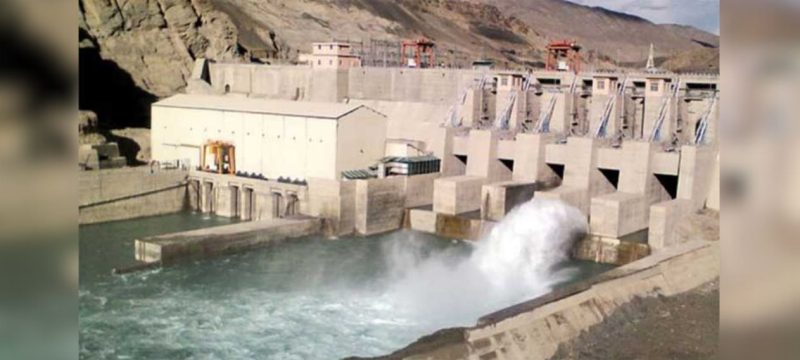Weeks after suspending the Indus Water Treaty, India has aggressively pushed forward with the construction of more than ten major hydropower projects on the Indus River in the disputed Ladakh region.
This recent development has raised significant alarm in Pakistan, as experts warn that these projects pose a serious threat to regional water security. The planned dams, including Achinthang-Sanjak, Parfela, Sont (Batalik), and Khalsti, are expected to restrict the flow of western rivers that feed into Pakistan.
Read more: WAPDA Reports Increased Inflows in Indus and Chenab, Decline in Jhelum River
Pakistani water officials argue that these constructions may violate the storage and usage limits outlined in the 1960 Indus Water Treaty, which was brokered by the World Bank.
Pakistan has condemned India for weaponizing water as a political tool, cautioning that these projects could drastically reduce water flow to Pakistan, potentially causing a severe agricultural and ecological crisis. Officials emphasized that India’s unilateral control over water resources in a disputed territory not only violates international laws but also sets a dangerous precedent for global water diplomacy.
Additionally, concerns were raised about the unequal distribution of resources in Ladakh, noting that while these projects are justified as supporting military needs for troops in Siachen, the local civilian population continues to face a shortage of basic energy infrastructure.
The Pakistani government has consistently expressed worries over India’s water infrastructure developments in occupied Kashmir, viewing them as a strategic threat that could be exploited during periods of heightened political tensions. The latest surge in hydropower construction has only intensified Islamabad’s concerns.









